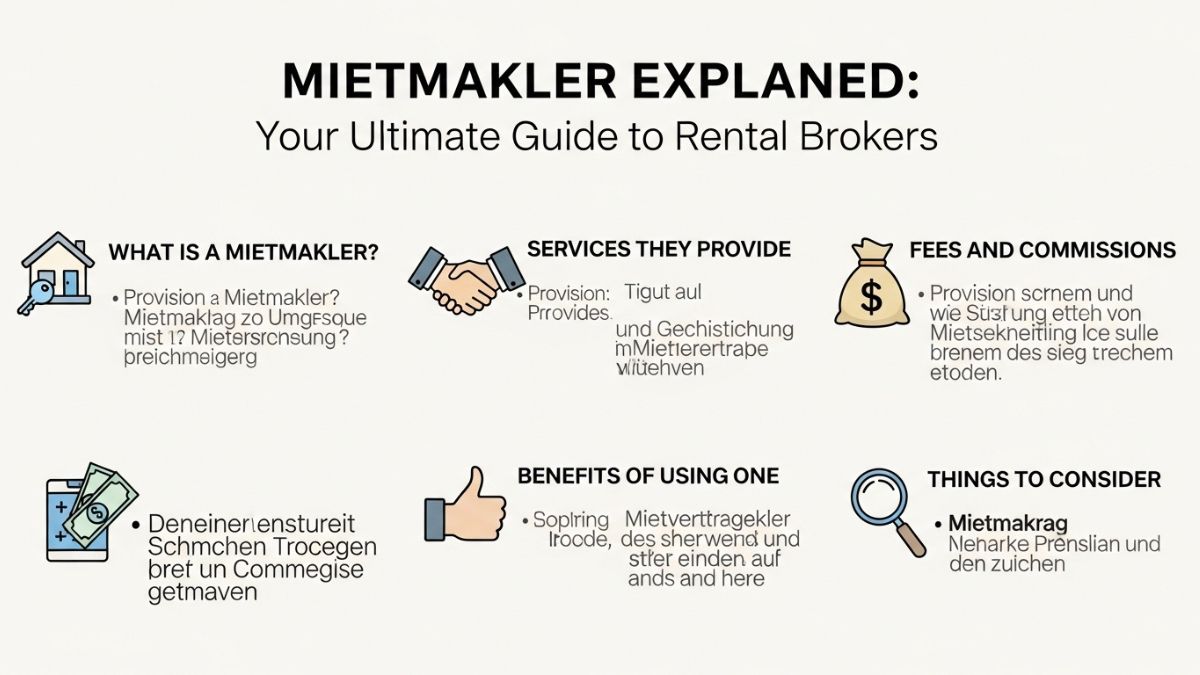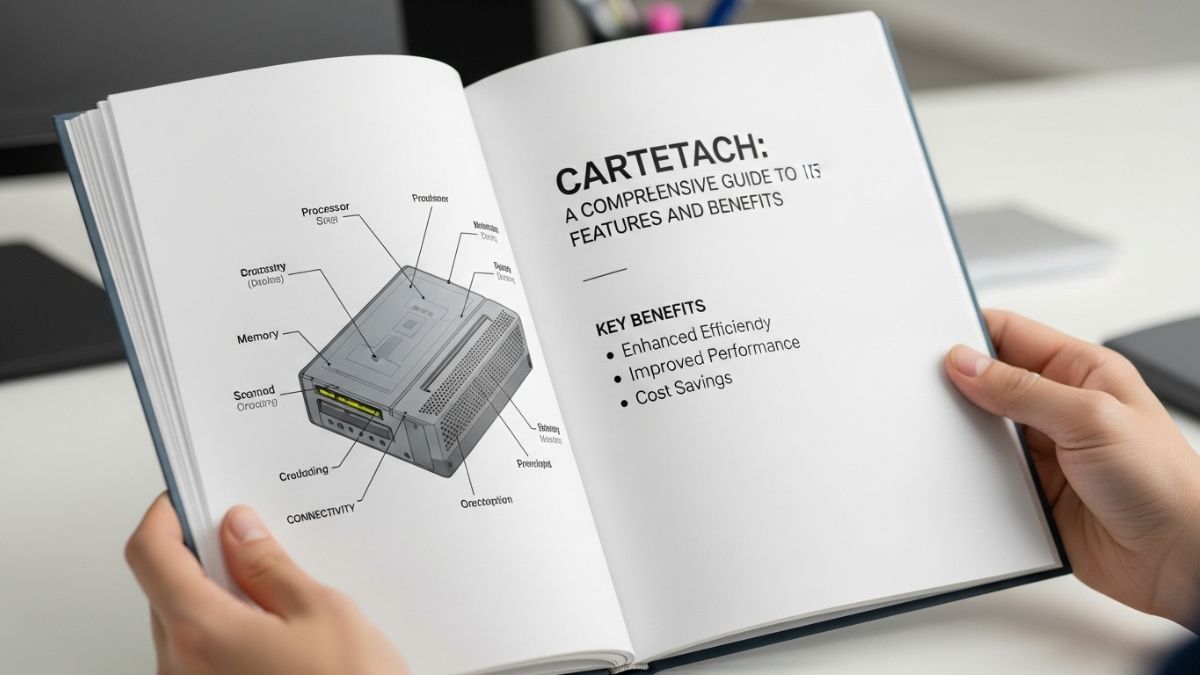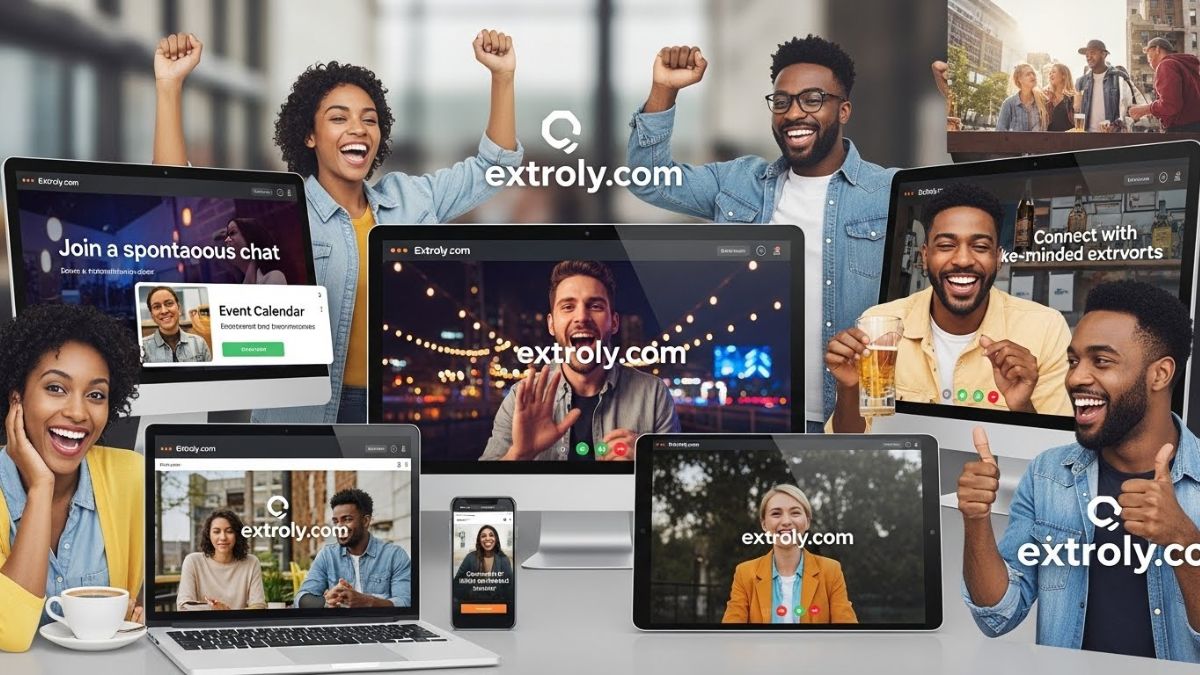In a world where phone numbers can sometimes lead to confusion or concern, PCG 913-578-9124 stands out. Many individuals have encountered this number, whether through missed calls, text messages, or in discussions online. This article aims to provide a comprehensive overview of PCG 913-578-9124, its potential implications, and what you should know if it crosses your path.
What Is PCG 913-578-9124?
PCG 913-578-9124 is a phone number that has been associated with various telecommunications activities. Often, people wonder about the nature of such calls or messages. Is it a legitimate business, a scam, or something in between? Understanding the source of such numbers is crucial for ensuring your safety and privacy.
The Significance of Area Codes
The area code 913 is associated with regions in Kansas, specifically the Kansas City metropolitan area. Knowing the area code can help you determine if the call is local or from a far-off region. It’s important to note that many telemarketers and scammers often use local area codes to increase the likelihood of people answering their calls.
Common Reasons for Receiving Calls from PCG 913-578-9124
Receiving a call from PCG 913-578-9124 could be due to several reasons.
Telemarketing: Many businesses use numbers like these to promote their services. If you’ve recently shown interest in a product or service, it’s possible that this call is a result of that.
Scams and Fraud: Unfortunately, not all calls are harmless. Scammers often utilize various numbers to try and extract personal information or money from unsuspecting victims.
Legitimate Businesses: Some calls might come from legitimate companies reaching out for customer service or support.
How to Identify Legitimate Calls
When you receive a call from an unknown number like PCG 913-578-9124, there are several steps you can take to determine its legitimacy.
Do a Reverse Phone Lookup: Use online tools to see if the number is associated with a known business or has been flagged for scams.
Check Online Forums: Websites like Reddit and CallerSmart often have discussions about specific phone numbers, where users share their experiences.
Do Not Share Personal Information: If you answer a call and feel uneasy, never share your personal information. Legitimate businesses will not ask for sensitive details over the phone.
Steps to Take If You Suspect a Scam
If you believe that a call from PCG 913-578-9124 is a scam, it’s essential to take immediate action.
Hang Up: The safest action is to end the call immediately. Engaging further can sometimes lead to more aggressive tactics from scammers.
Report the Number: You can report the number to the Federal Trade Commission (FTC) or your local consumer protection agency. This helps build a database of known scam numbers.
Block the Number: Most smartphones allow you to block numbers easily. This can help prevent future calls from the same source.
The Impact of Scams on Consumers
Scams can have significant financial and emotional impacts on individuals. Victims may lose money, experience stress, and feel violated. Understanding how to protect yourself is key in this digital age where scams are prevalent.
Recognizing Common Scam Tactics
Scammers often employ similar tactics to manipulate individuals into compliance. Being aware of these tactics can help you stay vigilant.
Urgency: Scammers may create a sense of urgency, claiming that you must act quickly to avoid a dire consequence.
Too Good to Be True Offers: If an offer sounds too good to be true, it probably is. Always approach these claims with skepticism.
Pressure: Legitimate businesses will give you time to think about your options. If someone is pressuring you, it’s a red flag.
Protecting Your Privacy
In an age where personal information is easily accessible, safeguarding your privacy is more crucial than ever.
Limit Sharing: Be cautious about the information you share on social media and other platforms. Scammers often use this data to tailor their pitches.
Use Privacy Settings: Adjust your social media and online account privacy settings to limit who can view your information.
Be Wary of Public Wi-Fi: Public networks can be less secure, making it easier for scammers to access your data. Always use a VPN when connecting to public Wi-Fi.
What to Do If You’ve Already Engaged with a Scam
If you’ve engaged with a scam, whether by providing personal information or sending money, there are steps to take immediately.
Contact Your Bank: If you shared financial information, contact your bank or credit card company to alert them and take preventative measures.
Monitor Your Accounts: Regularly check your bank statements and credit reports for unusual activity.
Change Passwords: If you believe your accounts may be compromised, change your passwords immediately and consider enabling two-factor authentication.
The Role of Government Agencies
Government agencies like the FTC and the Federal Communications Commission (FCC) play crucial roles in combating scams and protecting consumers. They offer resources for reporting scams and provide educational material to help individuals identify and avoid potential threats.
Conclusion
Receiving a call from PCG 913-578-9124 can be disconcerting, especially in an era where scams are rampant. Understanding the potential nature of the call, recognizing red flags, and knowing how to protect yourself are vital skills in today’s world. Always approach unknown numbers with caution and prioritize your safety above all.
FAQs
What should I do if I receive a call from PCG 913-578-9124?
If you receive a call, consider doing a reverse lookup, and if it feels suspicious, hang up and report the number.
Are calls from this number always a scam?
Not necessarily; it could be a legitimate business, but it’s essential to verify before sharing personal information.
How can I block unwanted calls?
Most smartphones have built-in options to block numbers. You can also use call-blocking apps.
What agencies can I report scams to?
You can report scams to the Federal Trade Commission (FTC) and your local consumer protection agency.
How can I safeguard my personal information?
Limit what you share on social media, use strong passwords, and monitor your financial accounts regularly.











